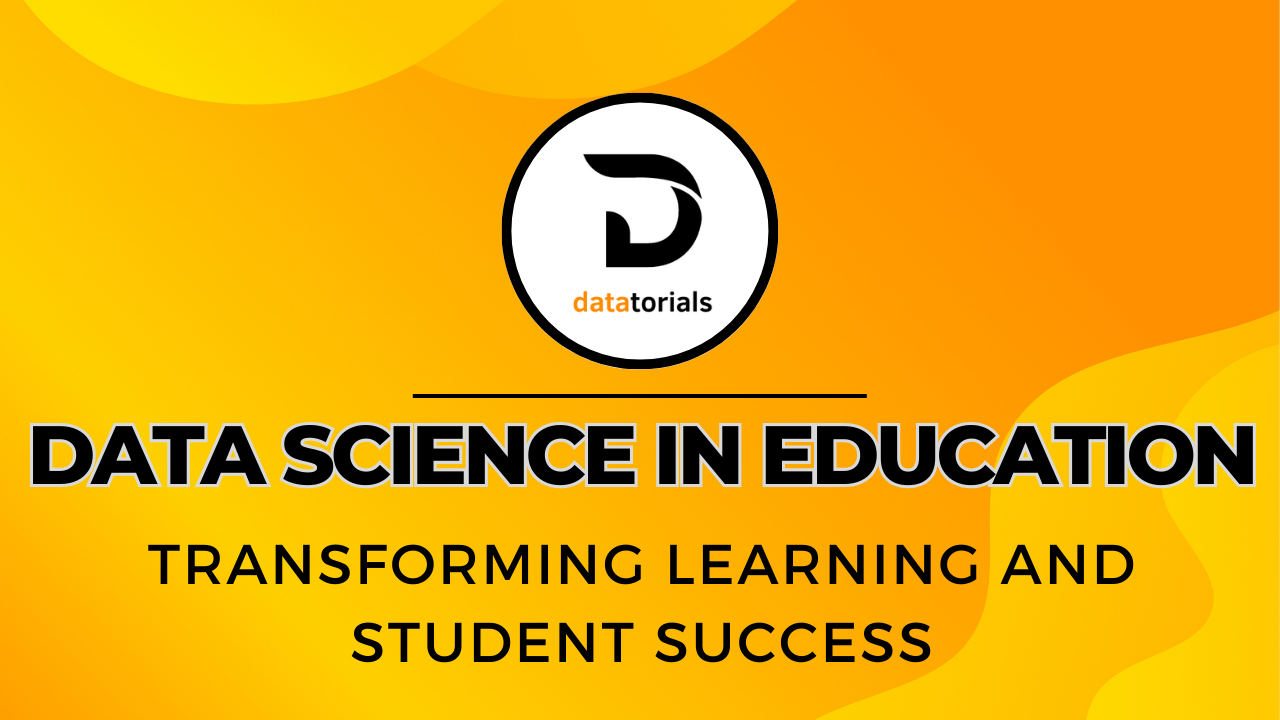Data Science in Education: Transforming Learning and Student Success

Introduction
The integration of data science in education has the potential to revolutionize the way we teach, learn, and assess student performance. As technology and data analytics continue to advance, educators and institutions are leveraging data science to personalize learning experiences, improve educational outcomes, and identify areas for improvement. In this article, we will explore how data science is transforming education and its implications for the future of learning.
Personalized Learning
One of the most significant impacts of data science in education is the ability to tailor learning experiences to individual students. Here’s how personalized learning is being achieved:
- Adaptive Learning Systems: These systems use data to adapt the content and pace of instruction to each student’s unique learning style and abilities. They provide targeted feedback and resources to address areas where students may be struggling.
- Recommendation Engines: Similar to how recommendation algorithms work in e-commerce, educational platforms use data to recommend content, resources, and activities that align with a student’s interests and learning objectives.
- Early Intervention: Data analytics can identify students who may be at risk of falling behind or dropping out. With early intervention, educators can provide additional support to these students, increasing their chances of success.
Improved Assessment and Feedback
Data science has also enhanced the assessment and feedback processes in education:
- Learning Analytics: Learning analytics involve tracking student progress and engagement throughout a course. Educators can use this data to identify which instructional strategies are most effective and make real-time adjustments.
- Automated Grading and Feedback: Machine learning algorithms can automate the grading of assignments, quizzes, and exams. This not only saves educators time but also provides instant feedback to students, helping them learn from their mistakes.
- Predictive Analytics: Predictive models can forecast student performance based on past data. Educators can use these insights to offer targeted support to students who may be struggling.
Enhanced Administrative Efficiency
Data science is streamlining administrative tasks in educational institutions:
- Enrollment and Scheduling: Data-driven algorithms can optimize class schedules and course offerings, ensuring that students have access to the courses they need to graduate on time.
- Resource Allocation: Institutions can allocate resources more efficiently based on data-driven insights into student demand for specific programs and services.
- Fraud Detection: Data analytics can help identify instances of academic dishonesty and plagiarism, preserving the integrity of the education system.
Challenges and Ethical Considerations
While data science holds tremendous promise in education, it also presents challenges and ethical considerations:
- Data Privacy: Protecting student data is paramount. Educational institutions must establish robust data privacy policies and comply with relevant regulations like FERPA and GDPR.
- Bias in Algorithms: Machine learning algorithms can inadvertently perpetuate bias if not properly trained and monitored. It’s crucial to ensure that algorithms do not discriminate against certain groups of students.
- Equity and Access: Data-driven personalized learning can exacerbate disparities if not implemented equitably. Ensuring that all students have access to technology and support is essential.
Conclusion
Data science is reshaping the landscape of education by enabling personalized learning, improving assessment, and enhancing administrative efficiency. By harnessing the power of data analytics, educators and institutions can better support students on their learning journeys. However, it’s vital to address the ethical considerations and challenges associated with data science in education to ensure that these transformative technologies benefit all students and promote equitable access to quality education.